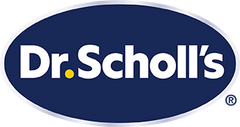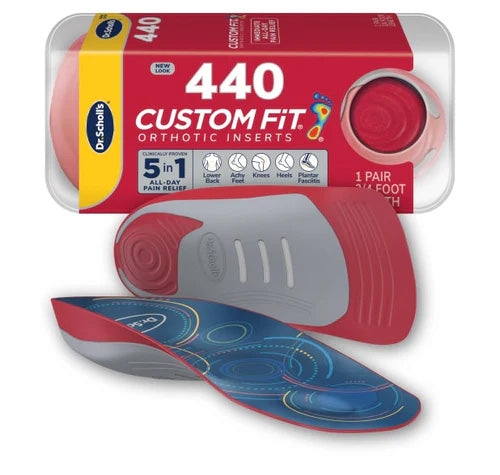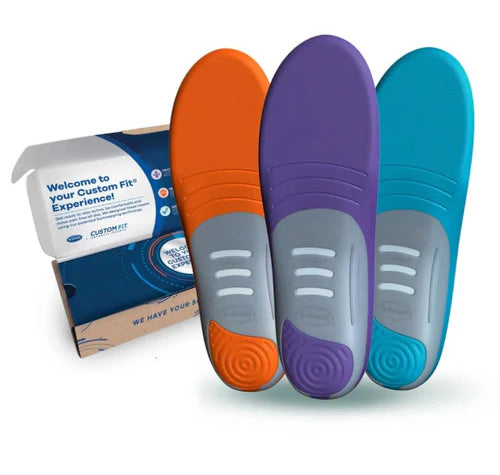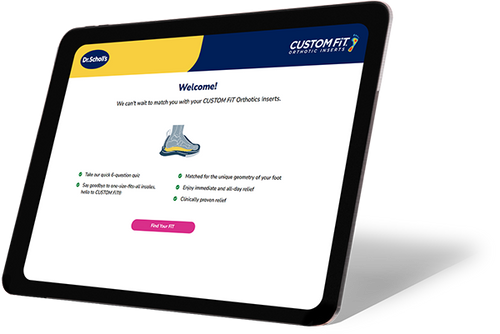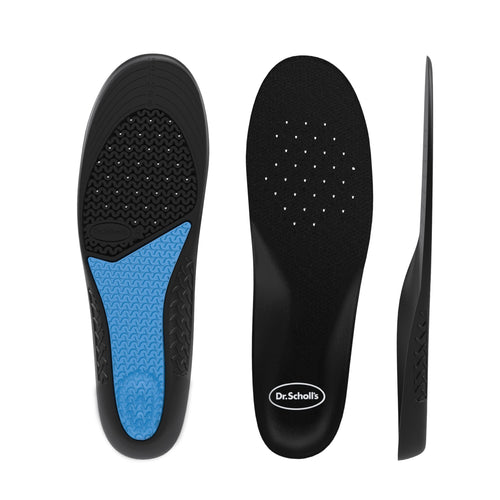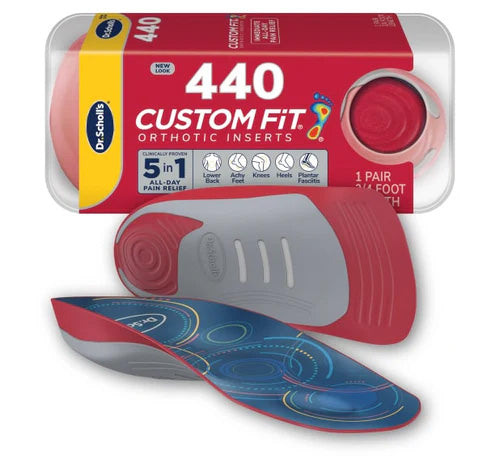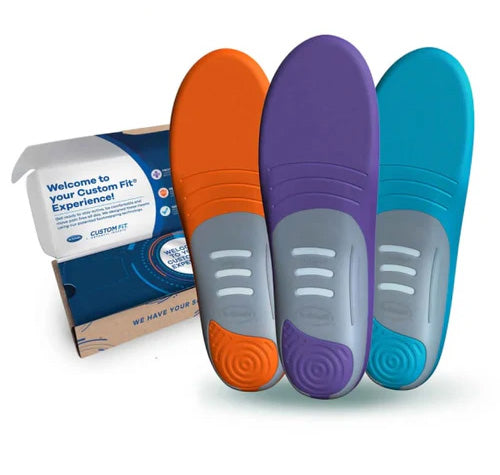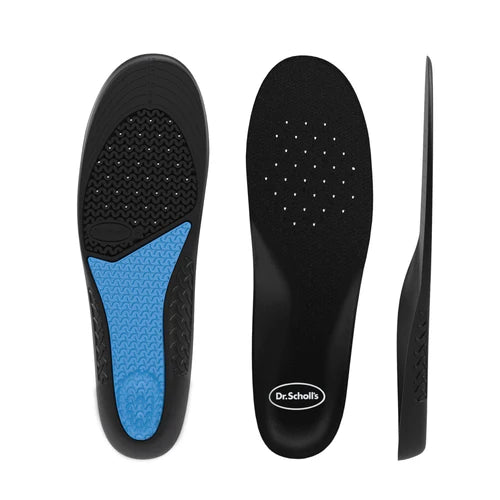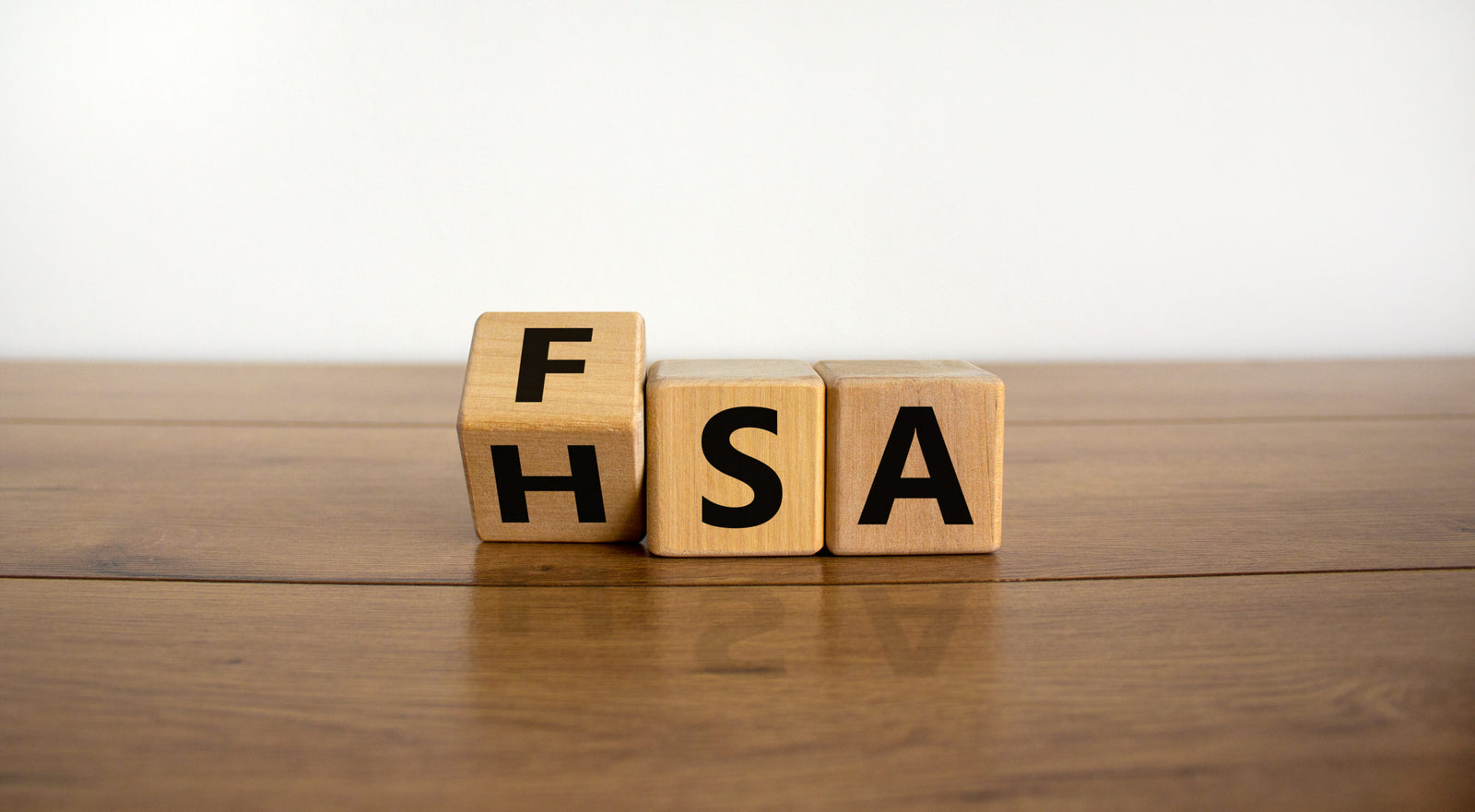If you’re currently employed, your employer might offer an FSA and/or an HSA as a benefit. If you’re confused about what these are, you’re not the only one. There are a lot of common questions when it comes to FSA and HSA, and the answers aren’t always simple. So let’s take a look at what exactly these plans are as well as the similarity and difference between HSA and FSA.
What does FSA stand for?
FSA stands for flexible spending account.
What is FSA account?
An FSA is a type of account called a flexible spending account. If your employer offers this as a benefit, you can put money into an account to pay for various medical expenses that aren’t covered under your health insurance. However, there are limitations on what you can use the money for.
How does FSA work?
With an FSA account, money is taken out of your paycheck pre-tax which can save you a lot in taxes. You have the ability to determine how much per pay period you wish to contribute. In some cases, an employer will actually contribute to employee FSA accounts. Only employees can open an FSA account. If you’re self-employed, you’re not eligible for an FSA. Employees can open an FSA account regardless of what type of health insurance plan they have.
It’s important to understand that when you pay for something with your FSA account, you need to make sure that the expense is allowed under the plan and you’ll need to submit a claim to the FSA. Ask your employer for a full list of FSA approved items and services that can be paid for with money from your FSA account.
With an FSA, the employer owns the account. If an employee leaves the company, any remaining funds in the account are forfeited to the employer.
Does FSA roll over?
Employers decide if any FSA funds will roll over at the end of the year. In some cases an employer may allow for a grace period within the next calendar year to use the funds. In other cases, there may be a limit on the amount that can be rolled over.
What are the FSA limits for 2021?
The 2021 FSA contribution limits are $2750.
What is an FSA card?
An FSA card is like a debit card. You can use an FSA card to pay for FSA eligible items.
Are vitamins FSA eligible?
Vitamins are not usually FSA eligible unless a doctor prescribes them for a specific medical reason. Check with your plan provider.
Are diapers FSA eligible?
Diapers are not usually FSA eligible. However, if you have a child who needs to be in diapers due to a medical condition, you may be able to pay for diapers through your FSA account. Check with your plan provider.
What is HSA?
HSA stands for health savings account.
What is an HSA account?
An HSA is a type of account called a health savings account. Your employer may offer an HSA account as a benefit but you may also be able to open your own HSA account through a bank if you qualify.
How does an HSA account work?
Like an FSA, you, your employer or both can contribute to an HSA account in order to cover medical expenses that aren’t covered by your health insurance. You can only have an HSA account if you have a high deductible health insurance plan that only covers preventive care until you reach the deductible.
Unlike an FSA, you as an individual control the money in your HSA, and you can take it with you even if you change jobs. If you’re contributing to an HSA account, you can adjust the amount you contribute at any time during the year. The HSA contribution limits for 2021 are $3600 for an individual and $7200 for a family.
Are HSA contributions tax deductible?
Yes, HSA contributions are tax deductible. The contributions are made pre-tax.
What can I use my HSA for?
There are a number of HSA eligible items and health-related services such as acupuncture and eye exams, doctor’s office visits and co-pays, and qualifying medications and supplies. Check with your plan provider for a full list of HSA eligible expenses.
Can HSA be used for dental?
Yes, an HSA account can be used to pay for eligible dental expenses.
Does HSA roll over?
Yes, at the end of the calendar year, the money in an HSA rolls over into the next calendar year. Unlike an FSA, HSA funds will not be forfeited to the employer.
HSA vs FSA
As you can see, there are a lot of similarities between FSA and HSA plans. Both types of plans help cover medical-related expenses that aren’t covered under a health insurance plan. The employee, the employer or both are able to contribute to the account.
Here are the key differences:
- You can only open an FSA through your employer. If you’re self-employed, you don’t qualify for an FSA. However, you don’t have to be employed to open an HSA.
- You can only open an HSA if you have a high deductible health insurance plan. However, you can open an FSA no matter what type of health insurance plan you have.
- If you leave your company, any unused FSA funds will be forfeited to your employer. The funds also typically expire at the end of the calendar year although there may be a grace period or limited amount you can roll over. On the other hand, you control the funds in your HSA and can take them with you if you leave the company. Any unused funds do not expire and roll over from year to year.
Hopefully you now have a better understanding of how HSA and FSA plans work, how they’re similar and how they’re different. Consider your current medical expenses and personal situation carefully before deciding if one of these plans is right for you.
If you have any further questions regarding your specific FSA or HSA, be sure to speak with your benefits plan administrator.
